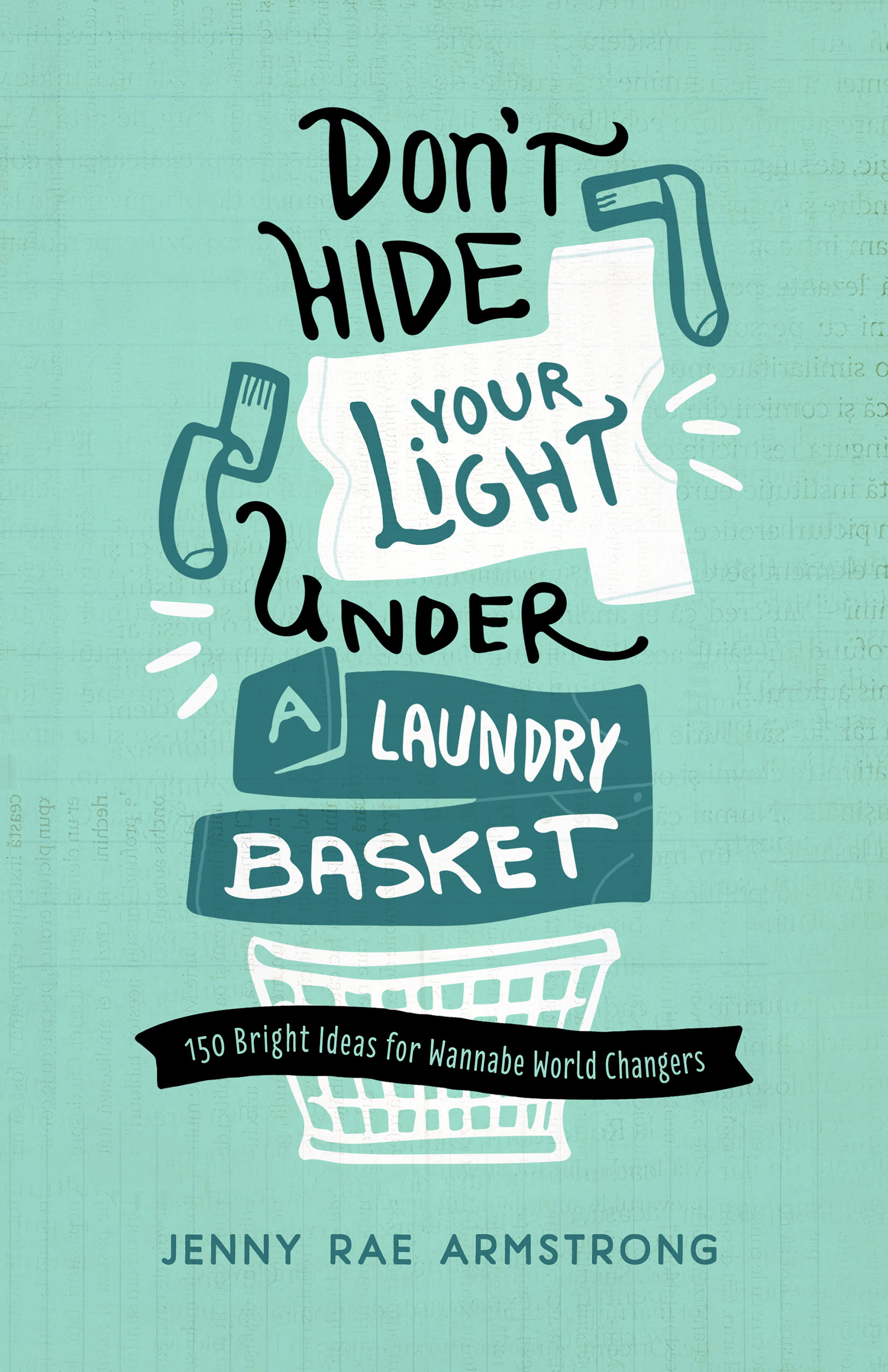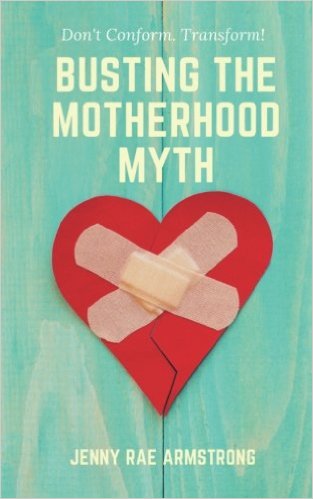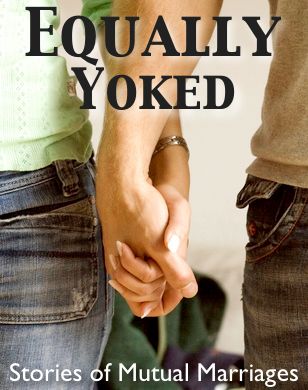Is Marriage Really an Illustration of Christ and the Church? This could TOTALLY be an Equally Yoked post, only Rachel got it first. 😀 It’s a great, in-depth post about Christian marriage.
I once believed that God intended my marriage to be a picture or illustration of Christ’s relationship with the church—a shining beacon of godly headship and submission for all the world to see. I somehow never felt that my own marriage was adequately living up to this ideal, though. Perhaps it was because what we actually had in practice was a marriage of two best friends and companions—but the ideal still lived in my mind as something to strive for, and something we were inexplicably falling short of…
Later in my marriage, when I began re-examining many doctrines I had been taught, the idea became more and more troubling. If Paul is really saying that marriages illustrate Christ’s authority over the church and the church’s obedience to Him, this has serious implications. I have heard preachers say that when non-believers look at the leadership of husbands and the submission of wives, they will see the beauty of Christ’s relationship with the church and be drawn to Christianity. I have heard teachings that a marriage will only properly illustrate Christ’s relationship with the church when the husband steps fully into his leadership role and the wife responds by joyfully placing herself under his authority. But the idea of husbands and wives as best friends and companions is essentially in conflict with this notion. A kind of friendship may be had between an authority figure and a subordinate, but not the mutual closeness and intimate, reciprocal trust that people call “best friendship”… (and) Non-Christians are hardly drawn to Christianity by this picture–they are often frankly disgusted.
When I was told to “dream big” but instead I failed big. How much do I love my friend Connie Jakab? A LOT. This post is yet another illustration of why.
I once was one who dreamed; a visionary with a heart full of faith. I remember a time at a youth convention in Kamloops, being called out onto the stage by a great leader who spoke over my life in front of over 3000 people: “Dream big woman of God.” I was moved in my spirit and felt like a champion. I had many other similar experiences on different occasions, calling me out, proclaiming over my life that I would walk in greatness. It actually became rare to not hear this things.
What happened? Everything I “dreamed” crashed. I was moved to a new city with a new born resulting in isolation. The business I had birthed from the ground up with blood, sweat and tears crumbled. My father had passed away, my mom re-married.
Everything I knew and loved was taken.
I found myself continually scoffing at the word, “dream.” I had a “Been there, done that, got the T-shirt…” kind of attitude. I’ve found myself pouting with a whiny heart; “What about ME God? When do you plan on releasing ME?” I would wait. What was I waiting for? For my “time”? For “success” to come?
Ridiculous, because I discovered quickly that it’s not about me…
Defining “Evangelical”: Why It’s Necessary and Impossible This article is long, but worth the read, especially if you ponder things like the trajectory of the church in America.
As anyone who has come here frequently and long knows, there is a huge struggle over the meaning of “evangelical.” Many evangelical spokespersons and leaders desperately want to define it by putting their preferred boundaries around it so that they can control public perception of it…
A few years ago a group of influential evangelical scholars began a several years long project to define “evangelical.” I attended some of their sessions and was at the final one where it became clear that there was no working consensus about the matter. Frustration filled the room. Why couldn’t a diverse group of evangelical scholars come to agreement about what the term means? The urgency was fueled, I believe, by the fact that many people who in times past would have called themselves “fundamentalists” were attempting to shift the center of the evangelical spectrum far to the right and even truncate the spectrum to exclude many individuals and organizations that they considered “doctrinally compromised” or “theologically liberal” (which almost always meant “influenced by neo-orthodoxy”). The session dragged on, tensions rose, there was a general feeling (I sensed, anyway) of disappointment. Then, a Lutheran scholar who had written on evangelicalism and evangelical theology stood at the very back of the room and said “I suggest that an ‘evangelical’ is anyone who loves Billy Graham’.” The room broke out in applause!
From the archives: We are the Pharisees
Pharisees get a bad rap.
I know, I know–there’s that whole “brood of vipers,” “conspiring to kill Jesus” thing. Not their brightest moments. But did you know that several of Jesus’ followers, and many, many members of the early church, were Pharisees? At the crucifixion, all but one of Jesus’ male disciples ran off–it was left to two soft-hearted Pharisees to collect and bury Jesus’ body while young John and The Women looked on and mourned.
Before we write Pharisees off as small-minded legalists, we should probably try to understand where they were coming from. Because they have something important to teach us. Even Jesus admitted that.
Monday’s Equally Yoked post is from Jenn LeBow.
Don’t forget to sign up for email updates for your chance to win a Kindle! The giveaway is going until the end of January!
So, what have you been reading this week?











No comments yet.